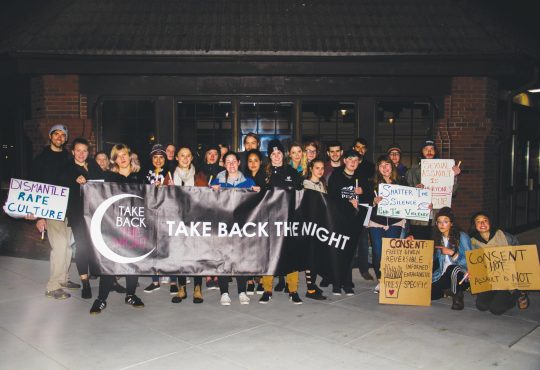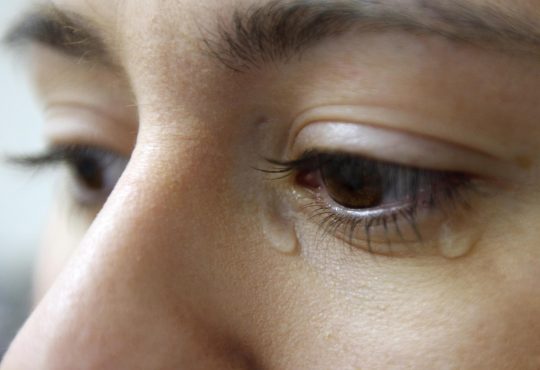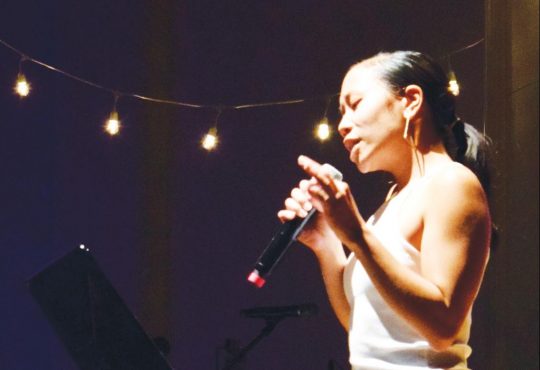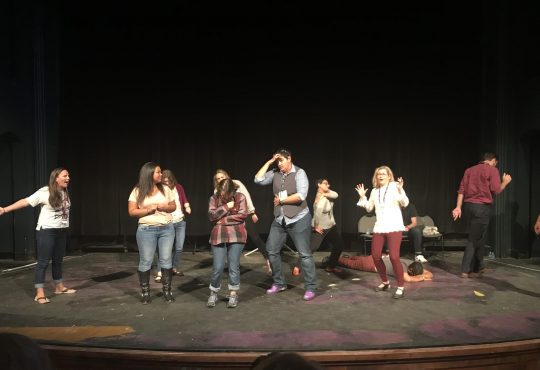With one of the largest detention centers for immigrants in the country just down the street, students and staff are actively trying to figure out how to address immigration issues.
The Northwest Detention Center is located at the Port of Tacoma and is in the top five largest detention centers for immigrants in the United States. It is a private center run by private prison company GEO Group, on behalf of Immigration and Customs Enforcement, an organization under the U.S. Department of Homeland Security.
According to John Lear, professor of History and Latin American Studies and avid advocate for this issue, the Puget Sound community is in a unique position for advocacy because of its geographical location.
“We live in a city that hosts one of the largest, for-profit detention centers in the country, with around 1,300 detainees at any given time,” Lear said.
Because of this proximity, many individuals at the University of Puget Sound are involved in activism work surrounding issues of immigrant justice.
A surge of activism among members of the University occurred this past spring when a series of strikes took place at the detention center. According to the News Tribune, the strikes started on March 7 and ended on May 5.
Robin Jacobson, professor of Politics and Government and chair for Advocates for Immigrants in Detention Northwest, explains that these strikes were a call for better living conditions within the detention center.
“It started off with a direct action where individuals tried to stop a detention bus outside the detention center…and then inside detained individuals organized a hunger strike…which led to more support on the outside,” Jacobson said.
This support also came directly from individuals at Puget Sound who formed a contingency to attend the protests. As a result of these strikes, a group of five professors that includes Jacobson, Lear, Monica DeHart, Oriel Siu and Doug Sackman have been doing extensive work around the detention center. Their work includes bringing speaker Maura Mora from Latino Advocacy, a Seattle-based charity that deals with this issue, to campus, sending a petition from members of the Puget Sound community to Obama, and organizing a roundtable discussion about the issue at the recent Race and Pedagogy conference in September.
“We … have been working together on campus around immigration reform and the Northwest Detention Center in Tacoma since last spring around a petition drive for immigration reform, support for the detainees’ hunger strike and bringing the issue to the Race and Pedagogy conference,” Lear said.
After all of this, according to Jacobson, student attention to the issue increased.
“A lot of students wanted to be involved…but weren’t sure how to do so,” Jacobson said.
The five professors then decided to host an open forum to give students the ability to discuss and decide how to move forward with their desire for change.
“We decided that any next step to be effective should involve and ultimately be led by the campus as a whole, and students in particular, so we convened a forum in order to learn who was interested in these issues, and to figure out what direction we should go,” Lear said.
On Wednesday, Oct. 29, a group of between 30 and 40 students and staff convened for an open forum in Wyatt Hall.
“It was truly beautiful to see the amount of people who showed up. I think the group of people there are ready to educate ourselves more on the issues that surround detention and take steps from there,” Siu said.
Many of these individuals, including Siu, were there because they believe something needs to be done about current immigration and immigration detention policies.
“Detaining and deporting these people is an act of pure greed; no one benefits from it but the corporations that own these prison,” Siu said. “We terrorize the children who are left without their parents under the custody of the state, or are left with only one parent, as in the case of my niece…This is why I decided to join forces and call for this open forum; because I find it that we have a moral responsibility to these children and families.”
At the forum, the group discussed ways in which they can work toward reforming these policies.
“We collectively decided that we would educate ourselves more on the issue before we take any strategic action,” Siu said.
The group is hoping to host a panel discussion on the issue before the end of the semester. They plan to reconvene after Thanksgiving to move forward with further action.






